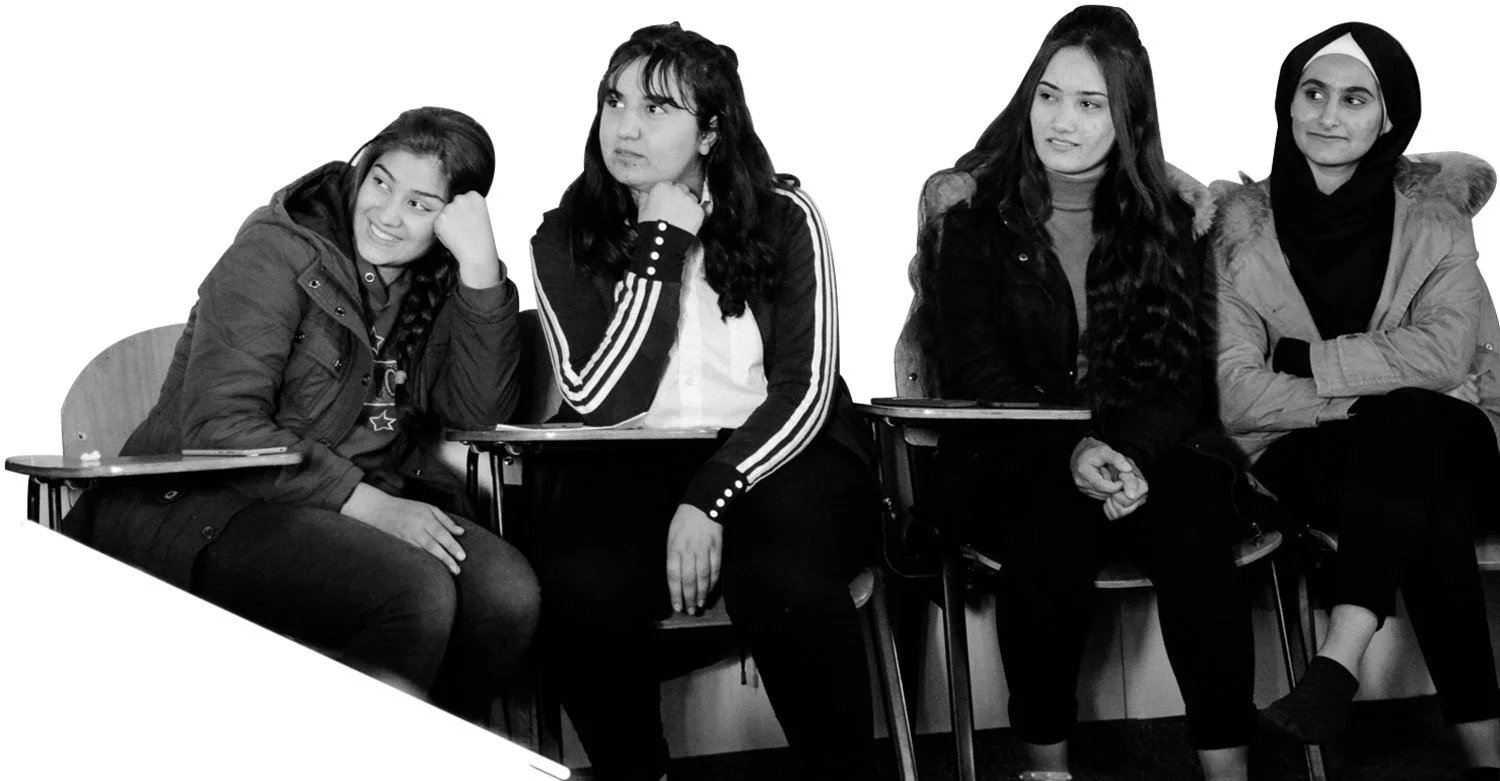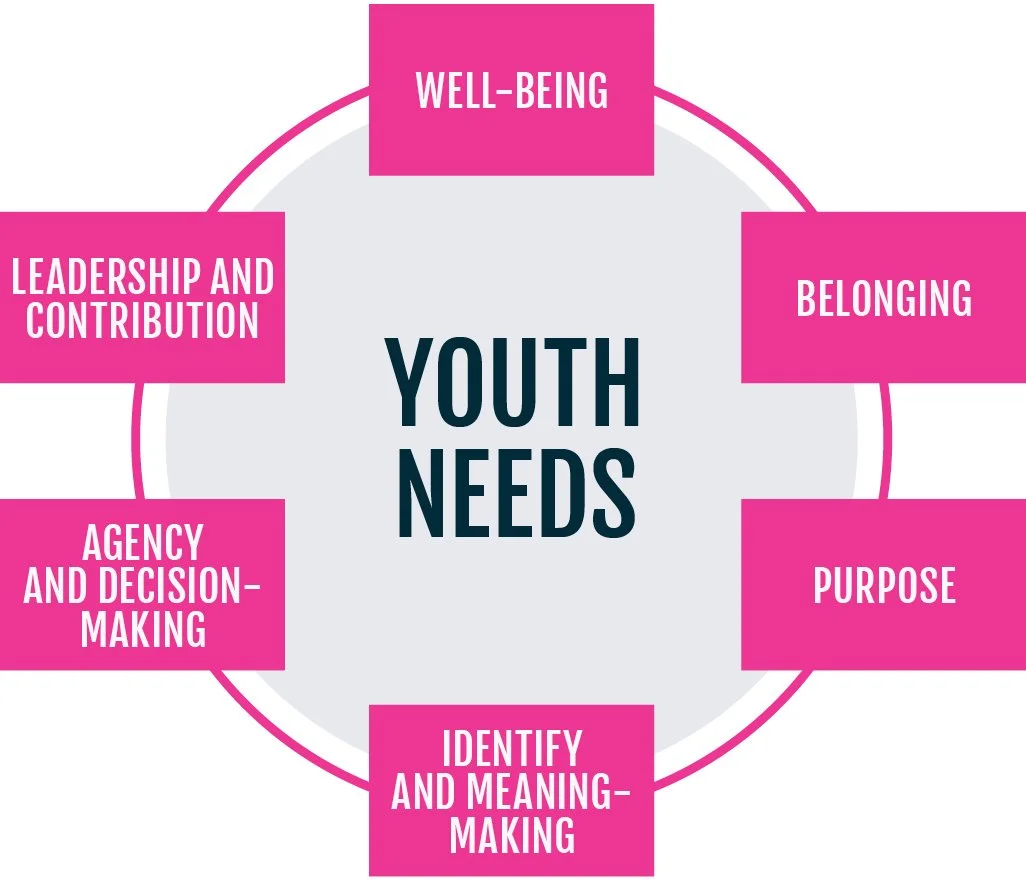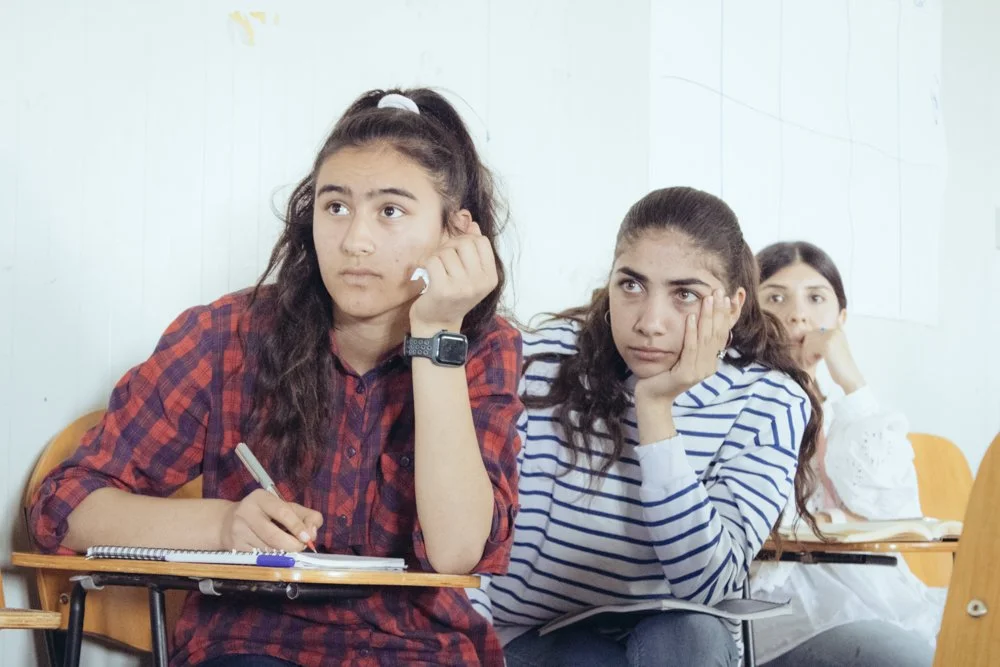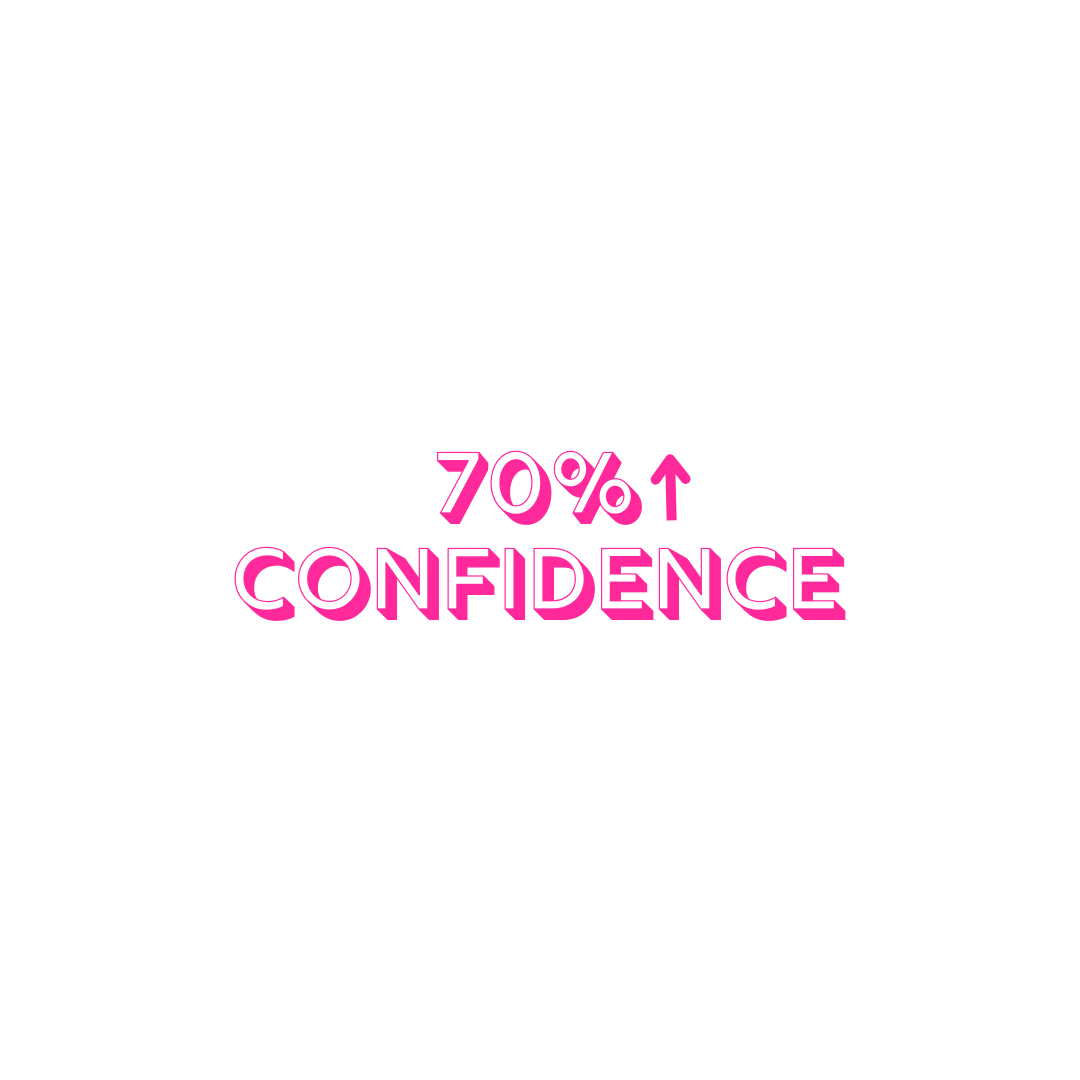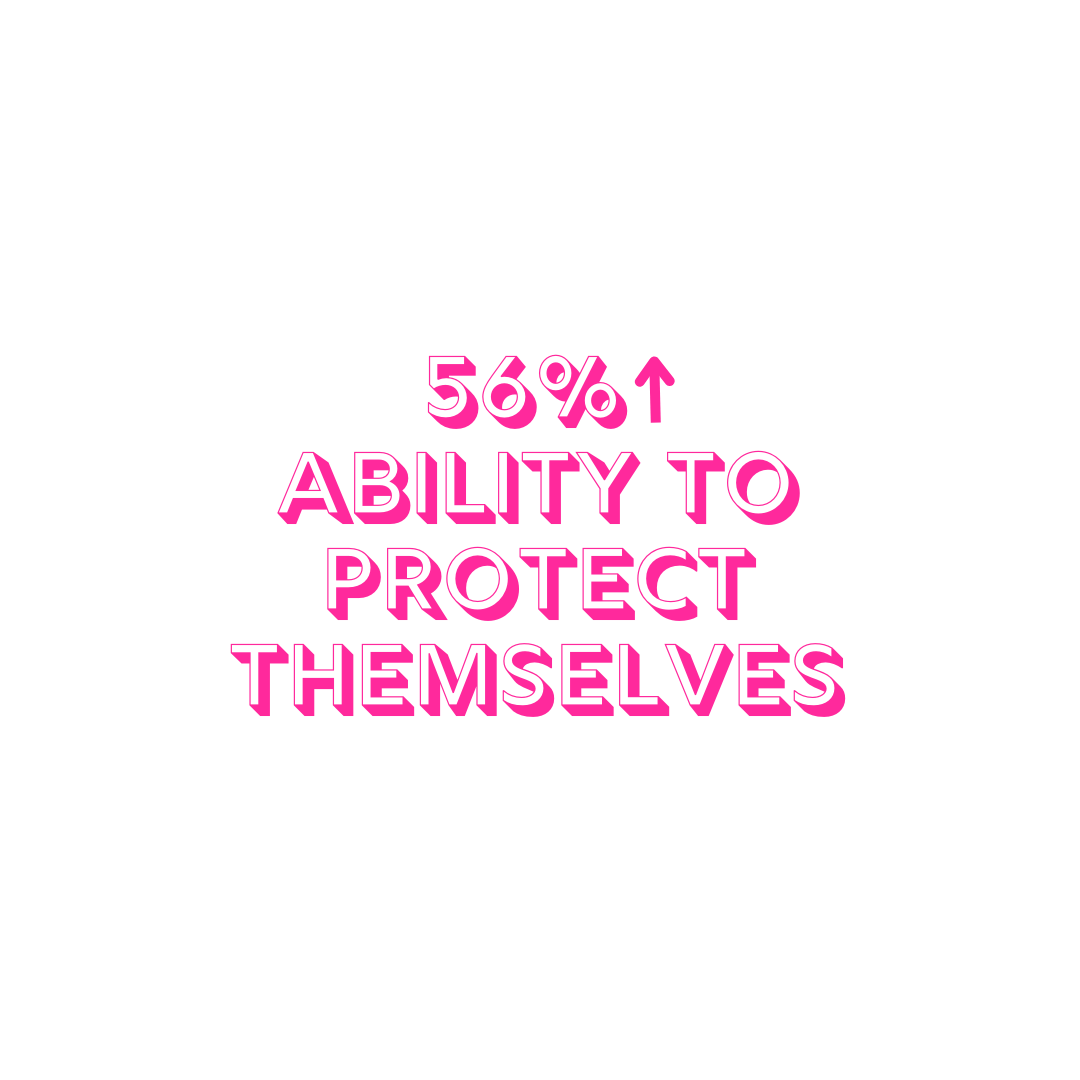21st CENTURY SKILLS
WE START WITH
AND END AT SELF-RELIANCE
Critical Thinking
Collaboration
Storytelling
Digital Skills
Media Literacy
Financial Literacy
Leadership
Entrepreneurship
Our Core Programs
Our student-centric, project-based, in-person learning environment addresses the complexity of youth needs while ensuring the youth gain essential 21st-century skills that are durable and in demand in a fast-paced, technology-first future.
We start with essential literacies: digital, artificial intelligence, media, and finance. In addition, each course challenges the student to collaborate, problem solve, think critically, and learn to express themselves. Our graduates are more prepared for the job market and the demands of adulthood.
Life is not a straight line. Through a process-focused and experiential approach, we ensure that all youth have the skills and confidence they need to pursue their own paths, whether in higher education, as small business owners, or as community leaders.
OUR CORE PROGRAM

